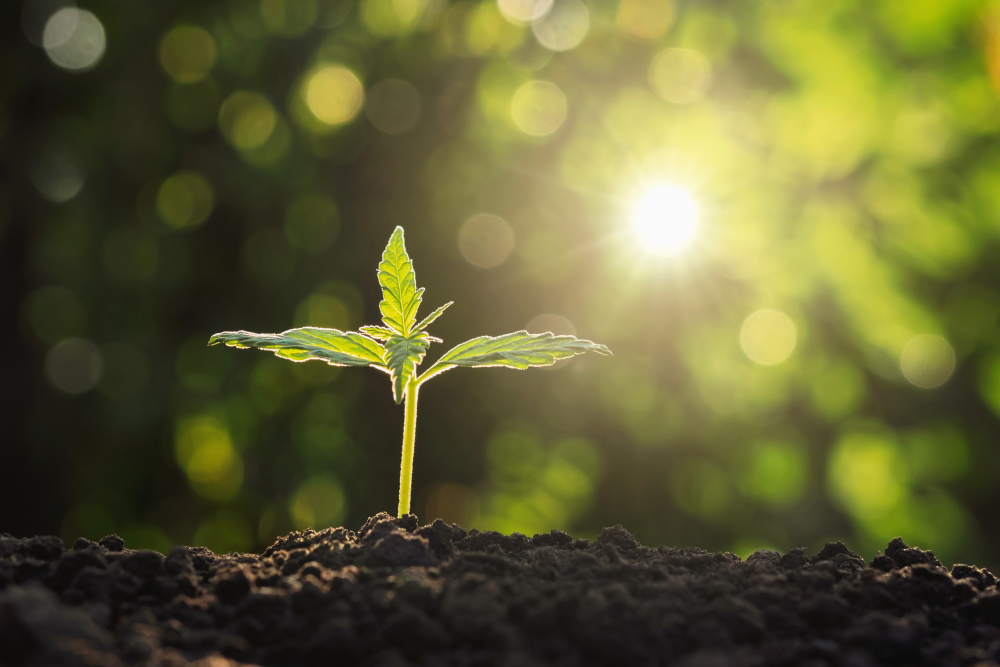When it comes to sustainability, few plants rival hemp. Long valued for its versatility, hemp is now gaining recognition as a powerful tool in addressing today’s environmental challenges. From reducing carbon emissions to providing eco-friendly materials, hemp is proving that it’s more than just a wellness trend—it’s a sustainable solution for the future.
Hemp Absorbs Carbon Efficiently
One of hemp’s greatest strengths is its ability to capture carbon dioxide from the atmosphere. In fact, hemp absorbs more CO₂ per acre than most forests, making it an effective tool in the fight against climate change. By integrating hemp cultivation into agriculture, farmers can contribute to lowering greenhouse gases while producing a profitable crop.
A Low-Input, Resilient Crop
Unlike many conventional crops, hemp requires little water, minimal pesticides, and grows in a variety of soil conditions. This makes it less resource-intensive while still delivering high yields. Because of its natural resistance to pests and diseases, hemp also reduces the need for chemical fertilizers and sprays that can harm ecosystems.
Soil Health and Regeneration
Hemp roots grow deep, helping to prevent soil erosion and promote healthier soil structure. As the plant grows, it also returns vital nutrients back into the ground, improving soil fertility for future crops. This regenerative quality makes hemp an attractive option for sustainable farming practices.
Sustainable Materials and Products
Beyond wellness products like CBD and hemp-derived THC formulations, hemp can be transformed into textiles, paper, biodegradable plastics, and even building materials such as “hempcrete.” These alternatives are not only durable but also biodegradable, offering an eco-friendly replacement for many petroleum-based or deforestation-linked products.
Reducing Deforestation
Hemp grows quickly—maturing in just 3 to 4 months—while trees can take decades. Hemp-based paper and packaging can help reduce the demand for timber, easing pressure on forests and protecting vital ecosystems around the world.
Closing the Loop on Waste
Hemp is a zero-waste crop: every part of the plant can be used. From stalks and seeds to leaves and flowers, hemp delivers value across industries without leaving behind harmful byproducts. This circular approach to production makes hemp one of the most sustainable crops available today.
Final Thought
The environmental benefits of hemp are clear: it’s a fast-growing, low-impact, carbon-absorbing plant that can help restore balance to our ecosystems. Whether in wellness products featuring CBD and hemp-derived THC, or in sustainable consumer goods, hemp represents a greener path forward for both people and the planet.

